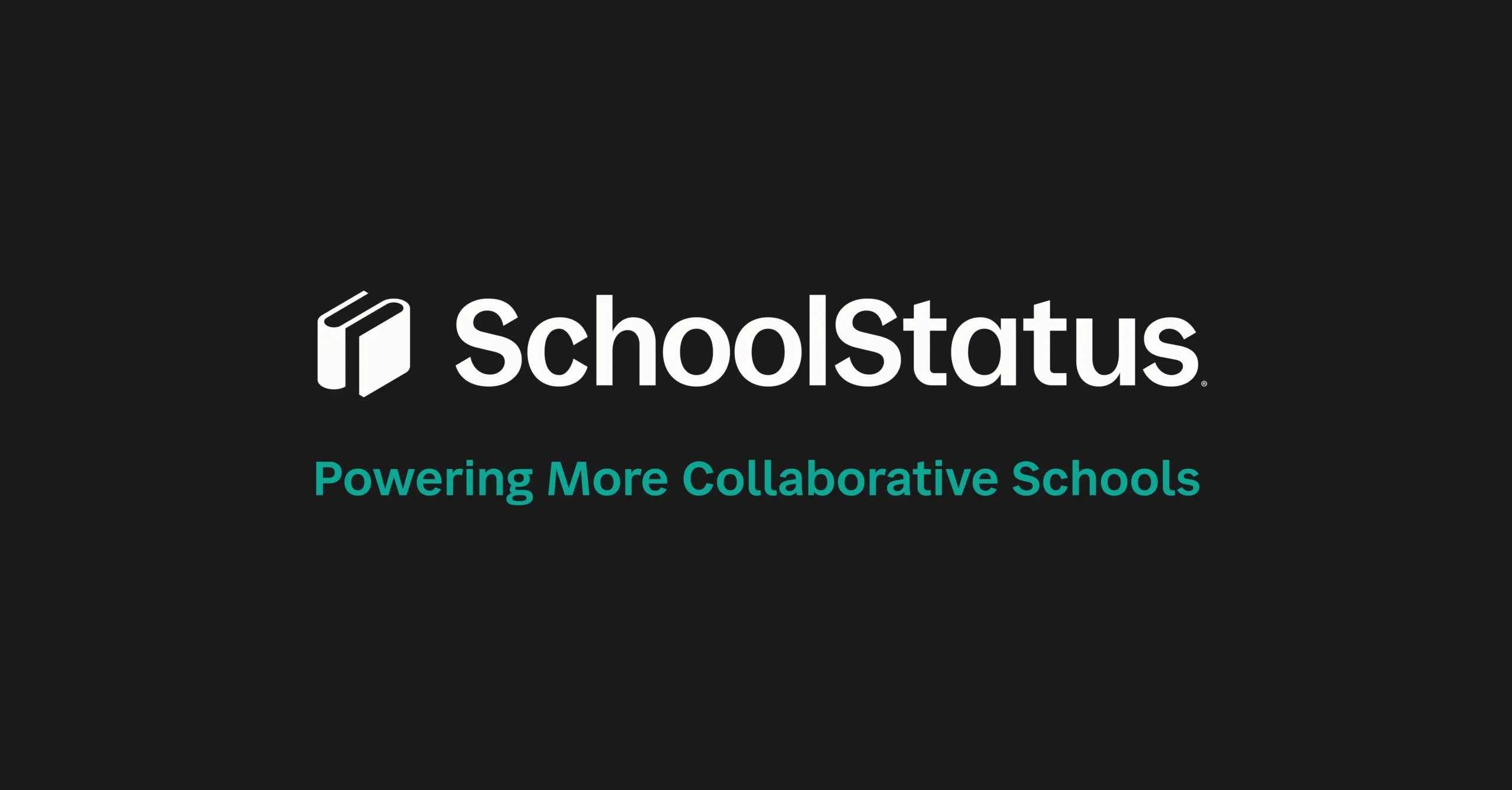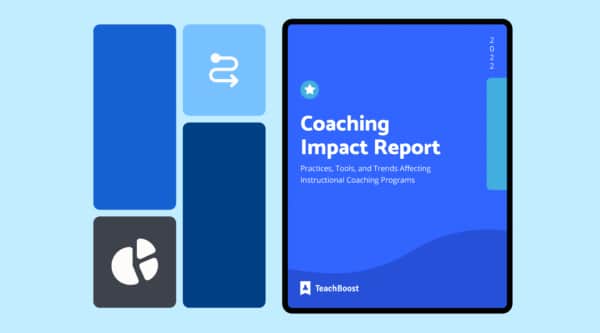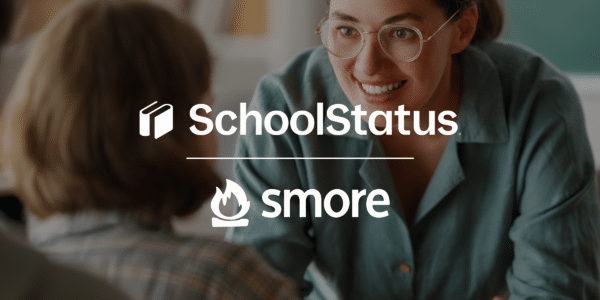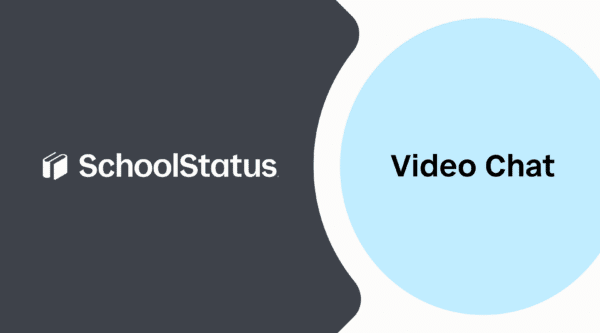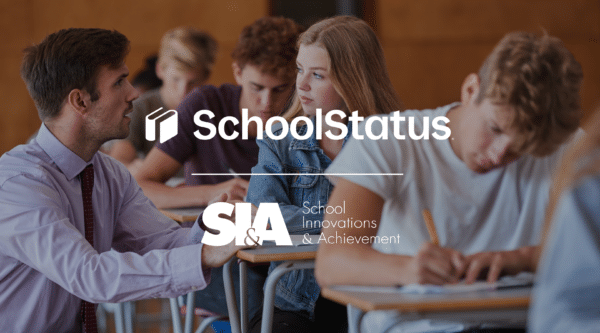
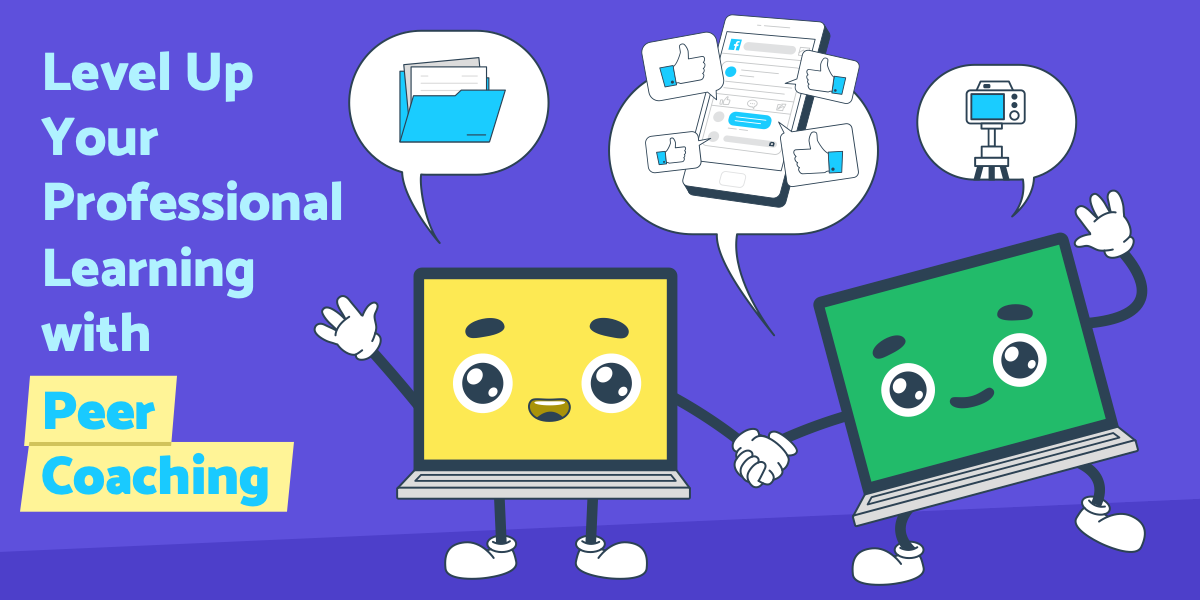

When we stop growing professionally, we do a disservice to not ourselves but to others. Stephanie Affinito, Staff Associate in the literacy department at the University at Albany in New York, shares three ways to level up your coaching skillset by seeking feedback from your peers—both in-person and online.
I
nstructional coaches are tasked with the responsibility of leading the learning of others, but far too often, coaches are left to their own devices when it comes to their own professional learning. They have to seek out learning experiences on their own and pave the way for their own continued growth. The truth though is this: we’re not alone!
While we may be the only coach in our school or district, with the help of technology, we can connect with fellow coaches and co-create professional learning experiences too.
Below are three ways you can connect with fellow a fellow instructional coach to provide peer coaching.
1) Audit your professional development presentations
One of the easiest ways to get feedback from another coach is through a professional development audit. The idea is simple: once you’ve completed a slide deck for an upcoming session, send it off to a trusted coach for an objective review. Here are some examples of feedback you might be seeking:
- Visual appeal: Does the format and any clickable links work properly? Is the design appealing and inviting? Is the text and image placement appropriate and not overwhelming? Are the slides clear and easy to read?
- Content: Does the presentation focus on strong content? Are the main points clear and easy to read? What might teachers have difficulty understanding or interacting with?
- Interaction: Are there opportunities for teachers to connect with each other? Are there spaces for teachers to interact with the content of the session? Are there places for reflection?
Pro tip: When you share your presentation, offer a particular lens for the coach to view it through so you get the feedback you need.
2) Record your coaching conversations
This is one of the most powerful ways to reflect objectively on your coaching conversations and set future goals for yourself. Periodically record yourself in a coaching conversation with a teacher and watch the entire exchange back.
You might want to look for:
- The ratio of teacher versus coach talk
- Non-verbal cues and behaviors
- Your coaching language and sentence stems you used
- Your listening skills
- Your questioning skills
This private, personal reflection is a powerful practice, but it is amplified when shared with a trusted coach who can objectively offer feedback, too. The coach might watch with a general coaching focus or, again, you might offer a specific lens for them to view the conversation and provide feedback on. Based on the feedback provided, you can set a goal and plan for a follow-up review, as appropriate.
3) Invite observation
As coaches, we often observe teachers in the classroom to gain clarity on the teachers’ present practices and offer constructive feedback for future lessons. But how often do we put ourselves in the same position? Sure, we might model in front of the teachers we coach, but teachers are observing with the sole intent to learn from us, not evaluate. That’s where a fellow peer-coach can help!
A coach can watch you teach demonstration lessons in the classroom and provide feedback, just as you might do for your own teachers. And why is this needed? Well, it puts us in the hot seat, so to speak. It reminds us what it’s like to be observed and it gives us first-hand experience working with the classrooms we are coaching in. It also gives us the chance to continue to hone our teaching skills alongside our growth as a coach.
So, invite a fellow coach to observe your classroom teaching or record a video for him/her to view instead. Follow the same guidelines you likely follow for your teachers: praise freely and keep constructive comments focused on a single goal.
Final note
Finding the time and opportunities to put your learning first as a coach can be challenging, but it’s not impossible. You might start by first reaching out to other coaches in your district or geographical area. If that is not possible—or preferred—head online! There are plenty of social media groups dedicated to instructional coaching where you might request a coaching partner. You can even comment on this blog post to share your interest, too!
About our Guest Blogger
Stephanie Affinito is a Staff Associate in the Department of Literacy Teaching and Learning at the University at Albany in New York. She has a deep love of literacy coaching and supporting teachers’ learning through technology. Stephanie creates spaces for authentic teacher learning that build expertise, spark professional curiosity, and foster intentional reflection to re-imagine teaching and learning for students.
Additionally, she presents regularly at state and national conferences on literacy coaching, teacher collaboration, and supporting teachers’ reading, writing, and learning through innovative technology.
Be sure to check out her recently published book with Heinemann Publishing, Literacy Coaching: Teaching and Learning with Digital Tools and Technology.
{{cta(‘352a410e-db79-4f33-a482-d301e8041965′,’justifycenter’)}}
Stay Connected
News, articles, and tips for meeting your district's goals - delivered to your inbox.


